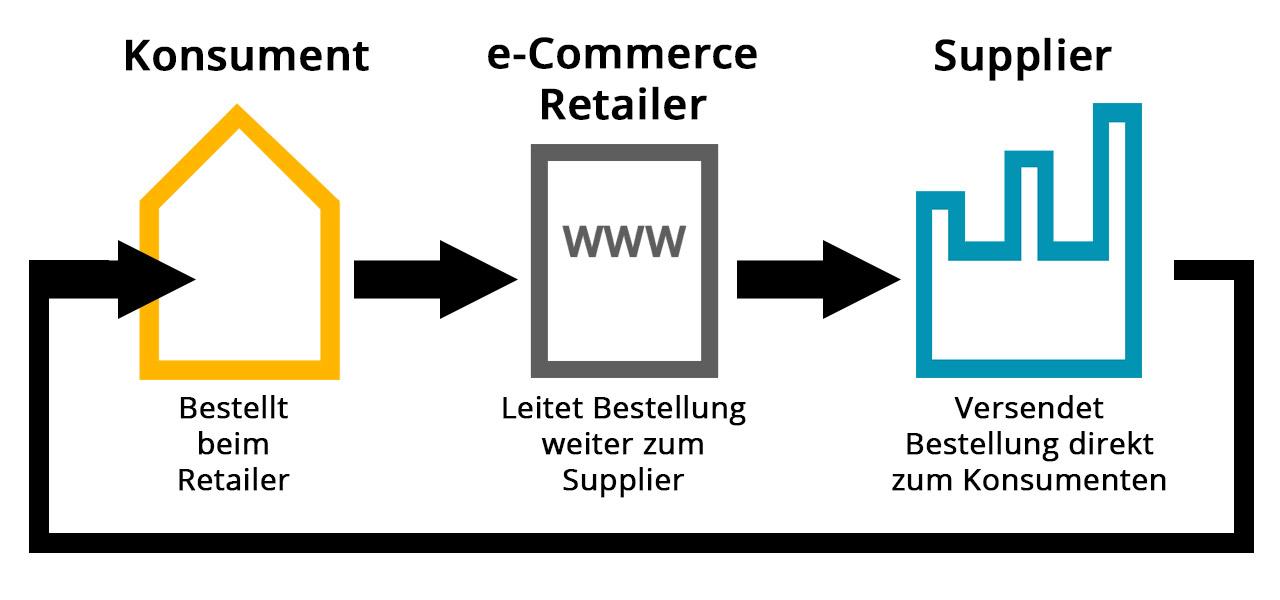Looking to boost your online store’s visibility right in your local community? Local SEO is your secret weapon! By optimizing for local searches, you can attract nearby customers and drive more sales. Let’s dive into the steps that will put your ecommerce store on the map!
Local SEO for Ecommerce: Steps to Boost Your Online Store’s Visibility Locally
Unlocking Local Success: How to Boost Your Ecommerce Store’s Visibility
Hey there, fellow entrepreneurs! If you run an online store, you might think that your customer base is limitless thanks to the vastness of the internet. But here’s a little secret: focusing on local SEO can dramatically enhance your visibility and sales in your community. Imagine the power of not just being another faceless online retailer, but a beloved local brand that your neighbors trust and turn to. In this article, we’ll dive into the essential steps you can take to optimize your ecommerce site for local search, ensuring that when potential customers in your area are looking for what you sell, your business shines brightly in their search results. Ready to transform your local presence and drive more traffic to your online store? Let’s get started!
Understanding the Importance of Local SEO for Your Ecommerce Store
When it comes to running a successful ecommerce store, the digital landscape is vast and often overwhelming. However, local SEO offers a unique opportunity to target specific geographic areas, allowing your business to stand out in a crowded market. By optimizing for local search, you can attract customers who are not just browsing but are actively seeking to purchase products or services right in their vicinity.
One of the key benefits of local SEO is that it helps establish your store as a trusted resource within your community. When potential customers search for products online, they are more likely to choose businesses that appear in local search results. By focusing on local SEO strategies, you can improve your visibility and credibility, ensuring that your ecommerce store is the first choice for shoppers in your area.
To harness the power of local SEO, consider implementing the following strategies:
- Optimize Google My Business: Claiming and optimizing your Google My Business listing is crucial. Ensure that your store’s name, address, phone number, and operating hours are accurate and consistent across all platforms.
- Local Keywords: Research and incorporate local keywords into your product descriptions and blog content. Phrases that include your city or region can significantly enhance your search engine ranking.
- Encourage Customer Reviews: Positive reviews not only boost your local SEO but also build trust among potential customers. Encourage satisfied customers to leave reviews on Google and other review platforms.
- Local Backlinks: Partner with local businesses or bloggers to create backlinks to your ecommerce site. This enhances your authority and visibility in local search results.
Another vital aspect of local SEO is mobile optimization. With an increasing number of consumers using their smartphones for shopping, having a mobile-friendly site ensures that you capture this audience effectively. A seamless mobile experience increases the likelihood of conversion, especially for local searches where users may be looking to shop on-the-go.
It’s also important to track your local SEO efforts. Tools like Google Analytics and Google Search Console can provide insights into how your local audience is engaging with your site. Monitoring metrics such as traffic sources, user behavior, and conversion rates will help you fine-tune your strategies for even better results.
As ecommerce continues to grow, local SEO remains a powerful tool for your business. By implementing these steps, you can boost your online store’s visibility locally and connect with customers who are eager to shop at businesses in their community. Don’t miss out on this opportunity to harness the power of local searches and watch your sales soar!

Optimizing Your Google My Business Profile for Maximum Impact
Enhance Your Profile with Accurate Information
One of the first steps in optimizing your Google My Business profile is to ensure that all your information is accurate and up-to-date. This includes your business name, address, phone number, and hours of operation. Inconsistencies can lead to confusion and diminish your credibility among potential customers.
Utilize High-Quality Images
Images speak louder than words, especially in eCommerce. Including high-quality photos of your products, store, and team creates a visual connection with your audience. Make sure to:
- Showcase your best-selling products.
- Highlight any special promotions or seasonal items.
- Include images of your physical location to familiarize locals with your shop.
Each image should be well-lit and visually appealing to catch the eye of potential customers.
Encourage Customer Reviews
Reviews are a vital part of your Google My Business profile and can significantly influence purchasing decisions. To maximize their impact:
- Ask satisfied customers to leave positive reviews.
- Respond promptly to all reviews, both positive and negative.
- Feature reviews prominently on your website and social media platforms.
Engaging with your customers in this way not only builds trust but also signals to Google that you are an active and responsive business.
Make Use of Posts to Share Updates
Google My Business allows you to create posts that appear in your profile. Use this feature to keep your audience informed and engaged:
- Share news about product launches or sales events.
- Promote blog posts or articles that relate to your products.
- Highlight customer testimonials or success stories.
Regular updates can help keep your profile fresh and showcase your business’s personality.
Leverage Insights for Continuous Improvement
Google My Business provides valuable insights that can help you understand how customers interact with your profile. Keep an eye on metrics such as:
| Metric | What It Indicates |
|---|---|
| Views | How many people are seeing your profile |
| Search Queries | What terms customers are using to find you |
| Actions Taken | Clicks on your phone number, directions, or website |
Utilizing these insights allows you to tailor your profile and marketing efforts to better meet the needs of your local audience, ensuring your eCommerce store stands out in the crowded digital marketplace.
Crafting Location-Specific Content That Connects with Local Customers
When it comes to capturing the attention of local customers, crafting content that resonates with them is key. Start by identifying the unique characteristics of your target audience. What are their interests? What local events do they care about? Tailoring your content to reflect local culture, traditions, and community values can create a deeper connection and foster brand loyalty.
One effective way to localize your content is by incorporating local keywords. These are specific phrases that customers in your area are likely to use when searching for products like yours. For example, instead of just saying “running shoes,” consider using “best running shoes in [Your City].” This not only helps with search engine optimization but also makes your content more relatable and relevant to local shoppers.
Additionally, consider showcasing local partnerships, sponsorships, or collaborations. Whether you’re teaming up with a local charity or featuring local artisans in your product offerings, highlighting these connections can enhance your brand’s credibility and appeal. Create blog posts or social media content that tells these stories, emphasizing your commitment to the community.
- Feature local events: Write about upcoming events in your area that would interest your audience and relate them back to your products.
- Highlight local testimonials: Share stories and reviews from customers who live in the area, showcasing how your products have made a difference in their lives.
- Use local imagery: Incorporate photos that reflect local landmarks, landscapes, or cultural elements to strengthen the connection with your audience.
Moreover, creating a local blog or resource section on your website can position you as a go-to source for information about your area. This gives potential customers a reason to keep returning to your site, increasing your visibility and engagement. Regularly update this section with tips, guides, or even interviews with local influencers related to your niche.
| Content Type | Purpose | Example |
|---|---|---|
| Blog Posts | Educate & inform | Top 5 Local Spots for Weekend Shopping |
| Social Media Updates | Engage & connect | Behind-the-Scenes at Local Events |
| Community Features | Build trust | Spotlight on Local Artist Collaborations |
don’t underestimate the power of user-generated content. Encourage your customers to share their experiences with your products and tag your business on social media. Create a unique hashtag that incorporates your location, motivating customers to participate and share their stories. This not only enriches your content but also amplifies your visibility in the local online community.

Leveraging Customer Reviews to Build Trust and Improve Rankings
In the digital age, customer reviews have become a crucial component of establishing credibility and enhancing visibility for local ecommerce stores. Prospective buyers often browse feedback before making a purchase decision, and positive reviews can significantly influence their choices. Here are several key strategies to effectively leverage customer feedback:
- Encourage Authentic Feedback: Reach out to your customers post-purchase and invite them to share their experiences. Simple follow-up emails or SMS messages can prompt valuable reviews. Make it easy for them to leave feedback by providing direct links to review platforms.
- Showcase Positive Reviews: Highlight outstanding reviews on your product pages or social media channels. Consider creating a dedicated section for testimonials on your website. This not only builds trust but also serves as social proof that can sway potential customers.
- Engage with Reviews: Responding to customer feedback—both positive and negative—demonstrates active engagement and commitment to customer satisfaction. A thoughtful response can turn a negative review into a positive experience, fostering loyalty and encouraging repeat business.
Moreover, leveraging reviews can enhance your local search rankings. Search engines like Google value fresh, user-generated content, and reviews are a vital aspect of this. Here’s how to maximize their impact:
| Strategy | Impact on SEO |
|---|---|
| Increase Review Quantity | More reviews can signal trustworthiness to search engines. |
| Use Local Keywords in Reviews | Relevance to local searches improves visibility for local queries. |
| Respond with Keywords | Incorporating local keywords in your responses can boost relevance. |
consider utilizing user-generated content (UGC) from customer reviews in your marketing efforts. This could be in the form of social media posts, blog features, or even video testimonials. UGC not only humanizes your brand but also enriches your content marketing strategy, making it more relatable to potential customers.
By actively managing and showcasing customer reviews, you’ll not only build a trustworthy reputation but also enhance your local SEO efforts. In a competitive ecommerce landscape, turning satisfied customers into vocal advocates can make all the difference in your store’s success.
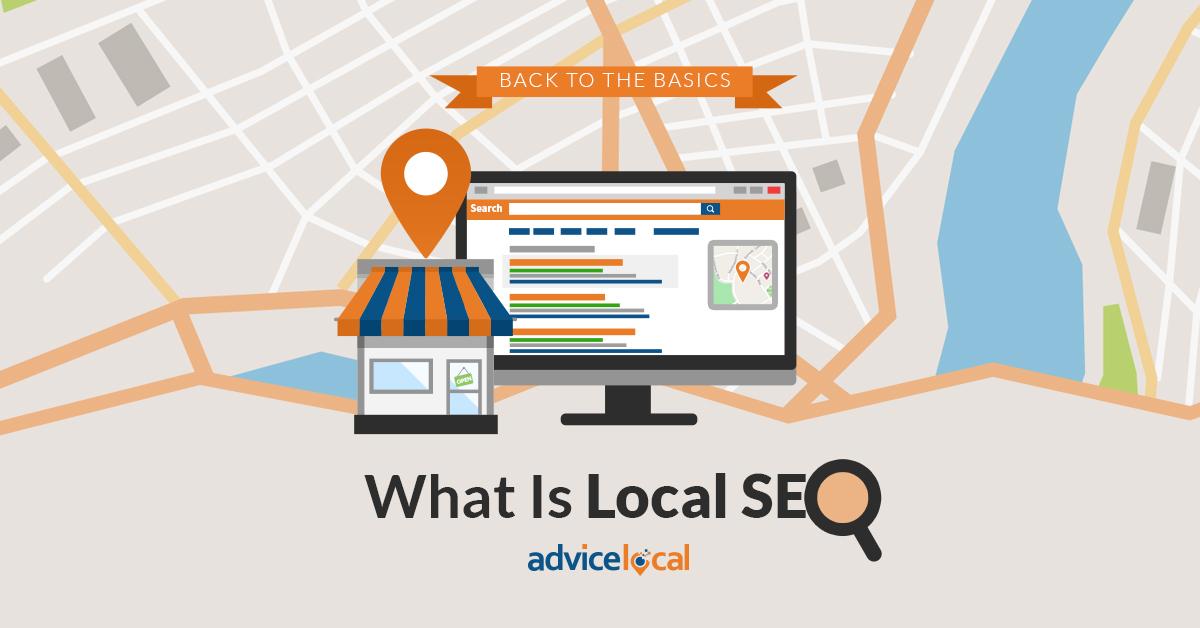
Utilizing Local Keywords to Drive Targeted Traffic to Your Site
In the competitive landscape of eCommerce, understanding and leveraging local keywords can set your online store apart from the crowd. When potential customers search for products, their queries often include location-based terms, making it crucial to adapt your content accordingly. By incorporating localized phrases and terms into your strategy, you can significantly enhance your site’s visibility in local search results.
Identify Relevant Local Keywords: Start by researching keywords that resonate with your target audience. Use tools like Google Keyword Planner or SEMrush to find terms that combine your products with local terms. Consider the following sources for inspiration:
- Google Autocomplete: Begin typing in your product and see the suggested searches.
- Local Directories: Check platforms where your competitors or related businesses are listed.
- Social Media: Observe hashtags and keywords used in local discussions about your niche.
Optimize Your Product Pages: Once you’ve gathered a list of local keywords, strategically place them within your product descriptions, titles, and meta tags. Aim for a natural flow of language while ensuring these keywords are prominently featured. This not only helps search engines understand your content better, but it also informs potential buyers that you cater to their local needs.
Create Location-Specific Content: Blog posts, guides, and articles that address local interests or events can further enhance your SEO efforts. For instance, if you sell surfboards in a coastal town, write about the best local surfing spots or upcoming competitions. This positions you as an authority in both your product category and your local area, attracting more organic traffic.
| Content Idea | Target Local Keyword |
|---|---|
| Best Hiking Gear for Local Trails | “hiking gear in [Your City]” |
| Top 5 Coffee Shops in [Your City] | “coffee beans near me” |
| How to Choose Local Produce | “fresh produce in [Your City]” |
Engage with Local Communities: Don’t underestimate the power of community involvement. Engage with local forums, social media groups, and events. Share your knowledge, offer exclusive local discounts, and promote your products in a way that resonates with the community. This not only builds your brand but also encourages backlinks and increases your site’s authority.
Lastly, remember to track your results. Use analytics to monitor the performance of your local keywords and adjust your strategy as needed. By continually refining your approach, you can maintain a strong online presence in your local market and drive targeted traffic to your eCommerce site.
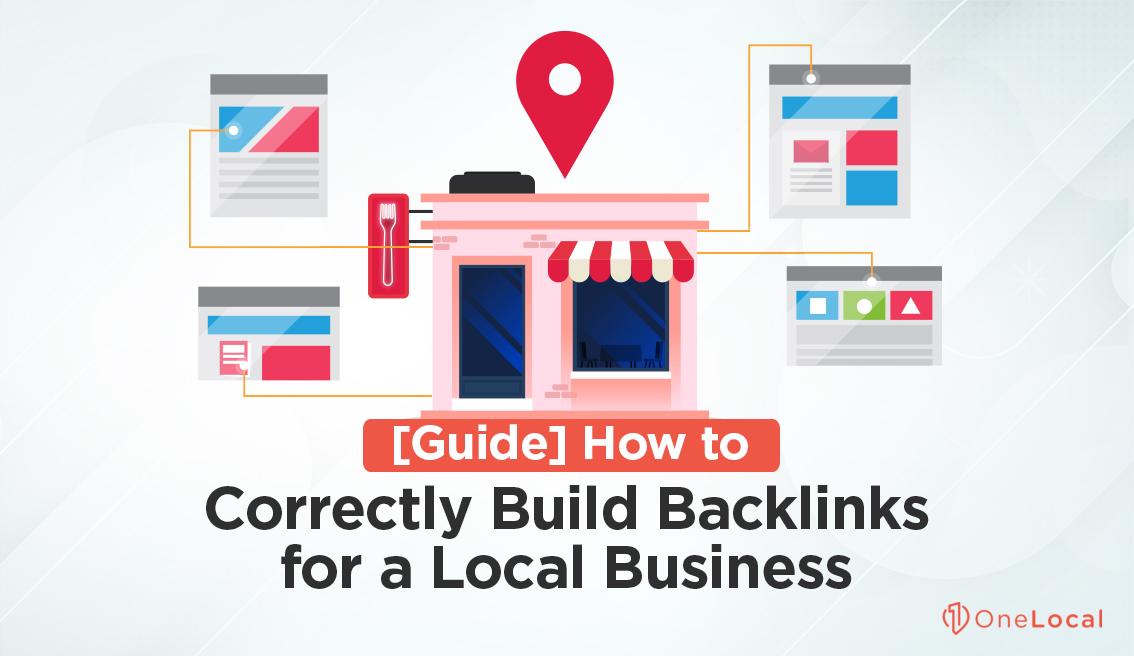
Harnessing the Power of Local Backlinks for Increased Authority
When it comes to boosting your ecommerce store’s visibility in local search results, local backlinks can be a game-changer. These are links from other local businesses, organizations, or blogs that point back to your site. By leveraging local backlinks, you not only improve your website’s authority but also enhance your chances of being seen by potential customers in your area.
Think of local backlinks as digital endorsements. When a reputable local site links to your store, it signals to search engines that you are a trustworthy entity within your community. This can lead to improved rankings in local search results, which is crucial for attracting nearby customers. Here are some effective strategies to harness the power of local backlinks:
- Collaborate with Local Businesses: Reach out to local businesses for partnerships or joint promotions. This could involve cross-promoting each other’s products or services, which naturally leads to backlinks.
- Engage with Community Events: Sponsor or participate in local events like fairs, charity runs, or workshops. These events often provide opportunities for local press coverage, leading to backlinks from news sites or event pages.
- Create Local Content: Develop blog posts or resources that highlight local events, history, or attractions. When locals find your content valuable, they’re more likely to link back to it from their own sites.
- Join Local Directories: Ensure your business is listed in local online directories. Many of these directories allow backlinks to your website, enhancing your online presence.
To track the effectiveness of your local backlink strategy, consider implementing a simple table to monitor your progress:
| Source | Link Type | Date Obtained | Traffic Impact |
|---|---|---|---|
| Local Business A | Reciprocal Link | 01/10/2023 | 20% Increase |
| Community Event Blog | Guest Post | 01/15/2023 | 15% Increase |
| Local Directory X | Directory Listing | 02/01/2023 | 10% Increase |
As you implement these strategies, keep in mind that the quality of backlinks is more important than quantity. Focus on acquiring links from reputable and relevant local sources. This approach not only builds your site’s authority but also fosters relationships within your community, ensuring that your ecommerce store becomes a recognized name in local searches.
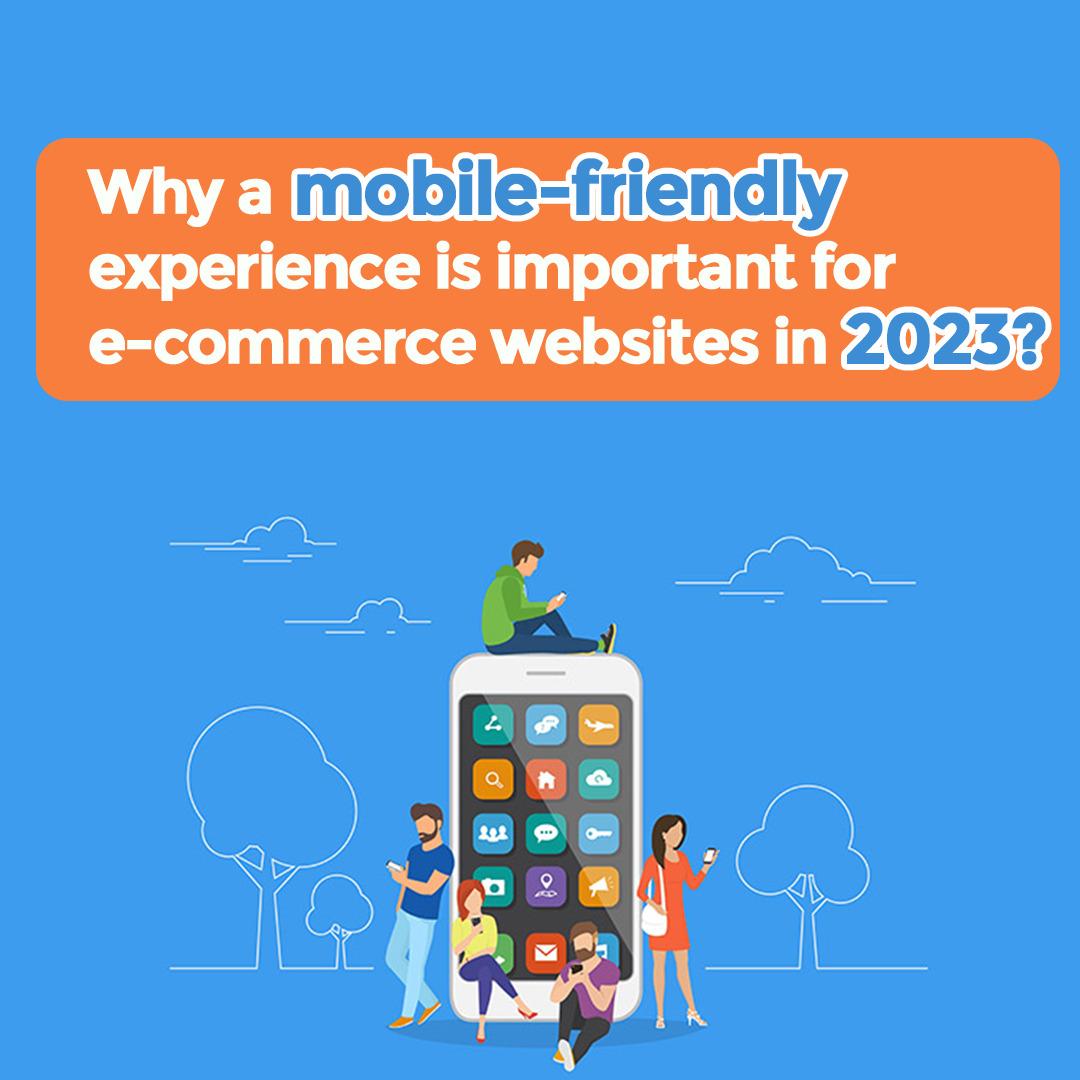
Creating a Mobile-Friendly Experience for On-the-Go Shoppers
In today’s fast-paced world, optimizing your online store for mobile devices isn’t just a luxury; it’s a necessity. With more consumers browsing and shopping from their smartphones, ensuring a seamless mobile experience can significantly impact your sales and customer satisfaction. Here’s how to create a mobile-friendly experience that resonates with on-the-go shoppers.
Streamlined Navigation: A cluttered website can frustrate mobile users. Focus on simplifying your navigation menu, allowing customers to find products easily without excessive scrolling. Consider implementing a hamburger menu or a sticky header so that essential links are always accessible. This not only enhances usability but also boosts conversion rates.
Responsive Design: Your website should automatically adjust to various screen sizes. Use responsive web design techniques to ensure that images, text, and buttons resize appropriately. This approach not only improves readability but also keeps your site visually appealing across devices.
Fast Loading Times: Did you know that over 50% of mobile users abandon a site that takes longer than three seconds to load? Optimize your images and eliminate unnecessary scripts to speed up your site’s performance. Consider using tools like Google PageSpeed Insights to identify areas for improvement.
Easy Checkout Process: A complex checkout process can lead to cart abandonment. Simplify it by minimizing form fields and offering guest checkout options. Adding mobile-friendly payment methods, such as Apple Pay or Google Wallet, can further streamline the purchasing experience, making it easier for customers to finalize their transactions.
User Reviews and Testimonials: Incorporate user reviews prominently on your mobile site. Shoppers are more likely to make a purchase if they see positive feedback from others. Displaying ratings and testimonials can build trust and encourage conversions, especially for on-the-go shoppers who may be looking for quick validation.
| Mobile Optimization Tip | Impact on Sales |
|---|---|
| Streamlined Navigation | Increases user engagement |
| Responsive Design | Improves site accessibility |
| Fast Loading Times | Reduces bounce rates |
| Easy Checkout Process | Boosts conversion rates |
By focusing on these key elements, your online store can provide a mobile-friendly experience that meets the needs of today’s on-the-go shoppers. Remember, a pleasant mobile experience can not only enhance customer loyalty but also significantly improve your local search rankings, drawing more traffic to your store. So, take the leap and invest in a mobile-optimized website today!

Engaging with Local Community Events to Boost Brand Awareness
Participating in local community events is an excellent strategy for boosting brand awareness and connecting with potential customers. By engaging with your community, you not only showcase your brand but also foster genuine relationships with local residents. Here are some effective ways to get involved:
- Sponsor Local Events: Consider sponsoring events such as farmers’ markets, festivals, or charity runs. Your brand will gain visibility, and you’ll demonstrate your commitment to the community.
- Host Workshops: Organize workshops that align with your brand’s offerings. This not only positions you as an expert in your field but also allows you to interact directly with customers.
- Attend Fairs and Expos: Set up a booth at local fairs and expos. This face-to-face interaction can significantly enhance brand recognition and trust.
- Partner with Local Businesses: Collaborate with other local businesses for co-hosted events. This can expand your reach to their customer base and create a network of support.
Engaging with local events also provides numerous opportunities for content creation. Capture photos and videos to share on your social media platforms, showcasing your involvement. People love to see brands that care about their local community, and it enhances your brand’s story.
Moreover, these interactions can lead to organic backlinks and enhanced visibility on local search engines. When you participate in community events, you can often get coverage from local news outlets or blogs, which can improve your SEO efforts. Just ensure to keep your website updated with mentions of these events, using keywords related to your local area.
| Event Type | Engagement Strategy | Expected Outcome |
|---|---|---|
| Festivals | Sponsorship or Booth Setup | Increased Brand Visibility |
| Workshops | Hands-On Learning | Customer Engagement |
| Local Charities | Donation or Volunteer Work | Positive Brand Image |
| Networking Events | Active Participation | Business Connections |
getting involved in local community events can significantly enhance your brand’s presence and foster customer loyalty. The relationships built through these interactions can lead to higher customer retention and a stronger local reputation. By actively participating in events that matter to your community, you not only promote your brand but also contribute positively to the local ecosystem.
Monitoring Your Local SEO Performance and Making Adjustments
To effectively enhance your local SEO performance, it’s crucial to regularly monitor your metrics and make necessary adjustments. Start by utilizing tools like Google Analytics and Google My Business Insights. These platforms provide valuable information regarding traffic sources, user behavior, and engagement levels, all of which are essential for fine-tuning your local SEO strategy.
Key metrics to keep an eye on include:
- Organic Traffic: Analyze how many visitors are coming from local searches.
- Conversion Rates: Track the percentage of visitors who complete a desired action, like making a purchase.
- Click-Through Rates (CTR): Monitor how often your local listings are clicked compared to how often they are shown.
- User Engagement: Look at metrics such as average time on site and bounce rates to gauge how well users are interacting with your content.
In addition to these metrics, local keyword rankings are vital. Tools like Moz, SEMrush, or Ahrefs can help you discover how well you rank for targeted local keywords. If you notice a drop in rankings, it may be time to revisit your keyword strategy, ensuring you are targeting the right phrases that resonate with your local audience.
Another important factor is monitoring your online reviews. Positive reviews can significantly boost your local SEO, while negative feedback can harm it. Make it a habit to:
- Respond promptly to customer reviews.
- Encourage satisfied customers to leave positive reviews.
- Address negative reviews constructively to show potential customers that you value feedback.
Don’t forget to analyze your competitors as well. Use tools to see how their local SEO strategies compare to yours. Look for aspects such as:
| Competitor | Keyword Ranking | Review Score |
|---|---|---|
| Competitor A | Top 5 | 4.8 |
| Competitor B | Top 10 | 4.5 |
| Competitor C | Top 3 | 4.9 |
By keeping track of your local SEO performance metrics and adjusting your strategy based on the insights gained, you can significantly improve your online store’s visibility. Adaptability is key in the digital landscape, so make consistent monitoring and adjustment a part of your routine. This way, you ensure your local SEO efforts are always aligned with your goals and market demands.
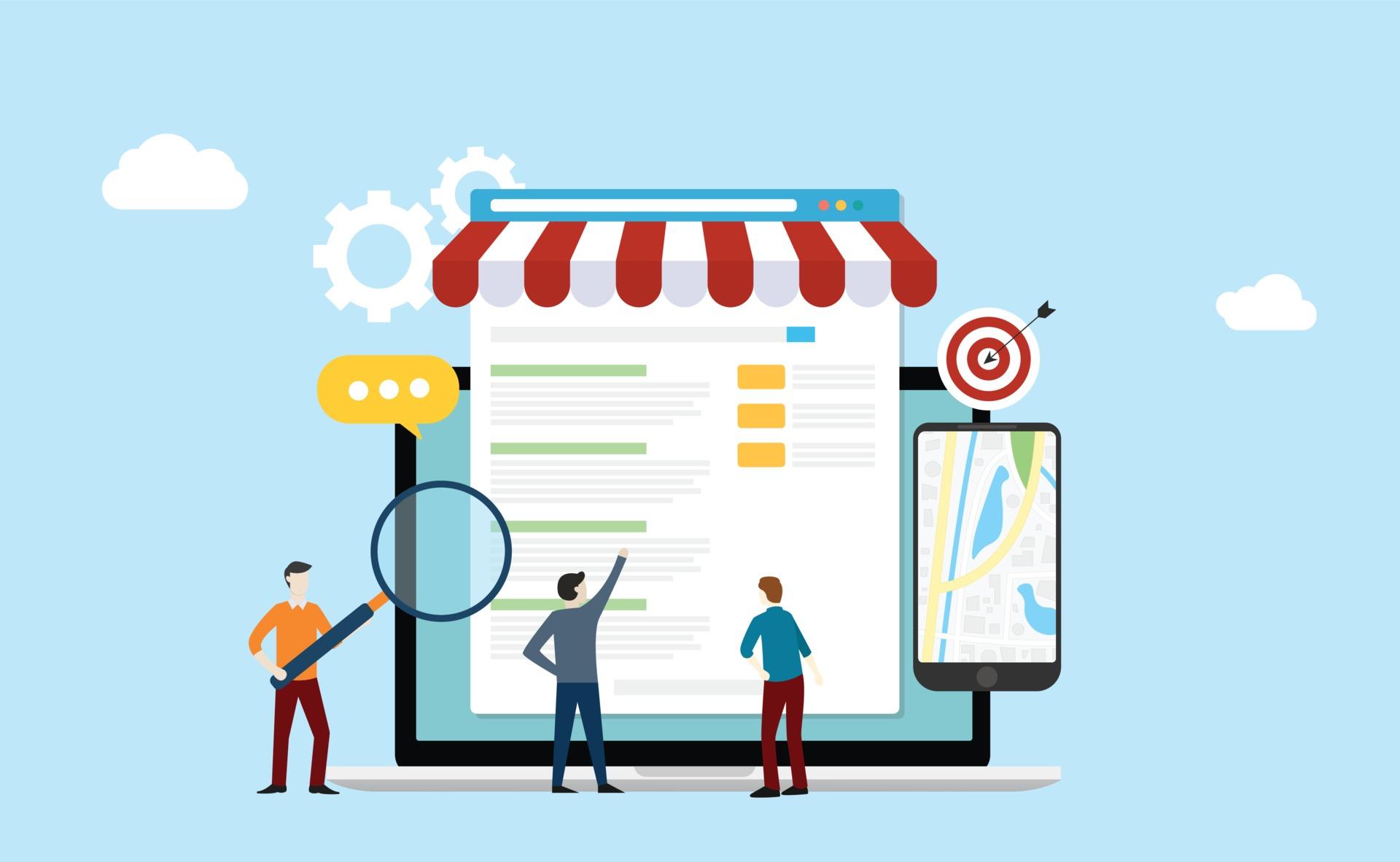
Staying Ahead of the Competition with Ongoing Local SEO Strategies
In the ever-evolving landscape of eCommerce, maintaining a strong local presence is crucial for driving traffic and sales. To achieve this, you must implement ongoing local SEO strategies that set you apart from the competition. Local SEO is not just a one-time effort; it requires consistent attention and adaptation to stay effective.
One of the primary components of a successful local SEO strategy is optimizing your Google Business Profile. Ensure that your business details are accurate and up-to-date. This includes:
- Business name, address, and phone number (NAP)
- Operating hours
- High-quality images of your products and store
- Regularly updated posts showcasing promotions or new arrivals
Another key factor is local keyword research. Understanding the terms your potential customers are using to find businesses like yours can greatly enhance your visibility. Consider the following approaches:
- Using tools like Google Keyword Planner or Ubersuggest to identify local search queries
- Analyzing competitors to uncover effective keywords they are targeting
- Incorporating long-tail keywords that reflect local user intent
Building local citations is also essential for reinforcing your online presence. These are mentions of your business on other websites, directories, and social platforms, which enhance credibility and trust. Focus on:
- Getting listed in reputable local directories
- Ensuring consistency in NAP across all platforms
- Encouraging customer reviews on platforms like Yelp and TripAdvisor
Regularly engaging with your local community, both online and offline, can also boost your eCommerce visibility. This includes:
- Hosting local events or workshops
- Collaborating with other local businesses for promotions or giveaways
- Participating in local festivals or markets to promote your brand
Lastly, don’t underestimate the power of mobile optimization. Many local searches are conducted on mobile devices, so ensure your website is responsive and loads quickly. Providing a seamless experience can significantly affect your bounce rate and conversion rates. Remember to:
- Optimize images and reduce load times
- Implement easy-to-use navigation
- Ensure that the checkout process is straightforward and secure
By consistently applying these local SEO strategies, you’ll not only enhance your eCommerce site’s visibility but also cultivate a loyal customer base that keeps coming back for more. Stay proactive and keep refining your approach to maintain a competitive edge in your local market.
Frequently Asked Questions (FAQ)
Q&A: Local SEO for Ecommerce: Steps to Boost Your Online Store’s Visibility Locally
Q: What is Local SEO and why should ecommerce businesses care about it?
A: Local SEO, or Local Search Engine Optimization, is all about optimizing your online presence to attract more business from relevant local searches. For ecommerce businesses, even if you’re primarily online, local SEO can help you connect with customers in your area who are searching for your products. It’s a way to target customers who prefer local shopping experiences or who want to buy online and pick up in-store. Ignoring local SEO could mean missing out on valuable traffic and sales!
Q: What are some quick wins for improving local SEO for my online store?
A: Great question! Start by claiming your Google Business Profile. It’s free, and it instantly increases your visibility in local searches. Next, ensure your NAP (Name, Address, Phone number) information is consistent across all platforms—this helps Google trust your business. Additionally, consider adding local keywords to your product descriptions and blog content. encourage happy customers to leave reviews on Google and other platforms. Positive reviews boost your ranking and credibility!
Q: How important are local keywords for my ecommerce site?
A: Local keywords are crucial, especially if you want to attract nearby customers. Think about what terms potential buyers might use when searching for products in your area. Incorporate these keywords naturally into your content, product titles, and meta descriptions. For example, if you sell handmade jewelry in Denver, you might use phrases like “handmade jewelry in Denver” or “Denver artisan jewelry.” This helps Google understand your location relevance and match you with local search queries.
Q: Is it worth investing in local link building?
A: Absolutely! Local link building can significantly enhance your local SEO efforts. When you get backlinks from reputable local websites—like local newspapers, blogs, or community organizations—it signals to search engines that your business is a trustworthy local authority. Plus, these links can drive direct traffic to your site. Consider sponsoring local events or collaborating with other local businesses to create link-building opportunities.
Q: What role do reviews play in local SEO?
A: Reviews are a powerful factor in local SEO. They not only influence consumer decisions but also play a significant role in how search engines rank your business. A steady stream of positive reviews signals to Google that you’re a reputable business worth showing in search results. Encourage satisfied customers to leave reviews, and respond to them—both positive and negative. This engagement shows you care about your customers, which can further boost your rankings and reputation.
Q: Can social media help with local SEO?
A: Yes, social media can be a fantastic tool for local SEO! By sharing content that resonates with your local audience and engaging with community members, you can drive traffic to your website and improve your visibility. Post about local events, promotions, or collaborations to get people interested. Don’t forget to include location tags and hashtags specific to your area to reach a broader local audience.
Q: How do I measure the success of my local SEO efforts?
A: Tracking your local SEO success can be done using several metrics. Start by monitoring your Google Business Profile insights to see how customers find your listing. Tools like Google Analytics can help you track traffic from local search queries. Pay attention to organic search rankings for local keywords, website traffic patterns, and conversion rates from local visitors. If you see improvements in these areas, you’re on the right track!
Q: Any final tips for ecommerce businesses looking to boost their local visibility?
A: Definitely! Stay consistent with your local SEO efforts. It’s not a one-and-done deal; you need to regularly update your content, keep your Google Business Profile current, and engage with your customers. Consider creating local content—like a blog about local events or a guide to your city’s best spots—that can attract both traffic and backlinks. be patient! Local SEO takes time, but the results—more local customers finding your online store—are well worth the effort.
To Wrap It Up
mastering local SEO for your eCommerce store is not just a nice-to-have—it’s essential for standing out in today’s competitive online marketplace. By implementing the steps we’ve discussed, from optimizing your website for local searches to harnessing the power of Google My Business, you’re not just boosting your visibility; you’re creating a connection with your community. Remember, local customers are eager to find businesses like yours, and with the right strategies in place, you can become their go-to option.
So, what are you waiting for? Dive in, take action, and watch your online store thrive as it captures the attention of local shoppers. The digital landscape is vast, but with local SEO, you can carve out your own niche. Make your mark today, and let your eCommerce business shine brightly in your community! Happy optimizing!


